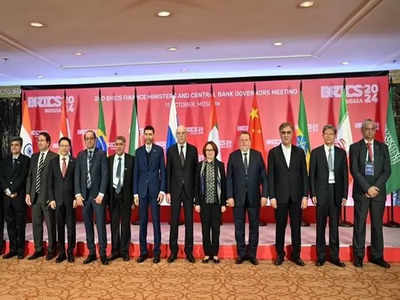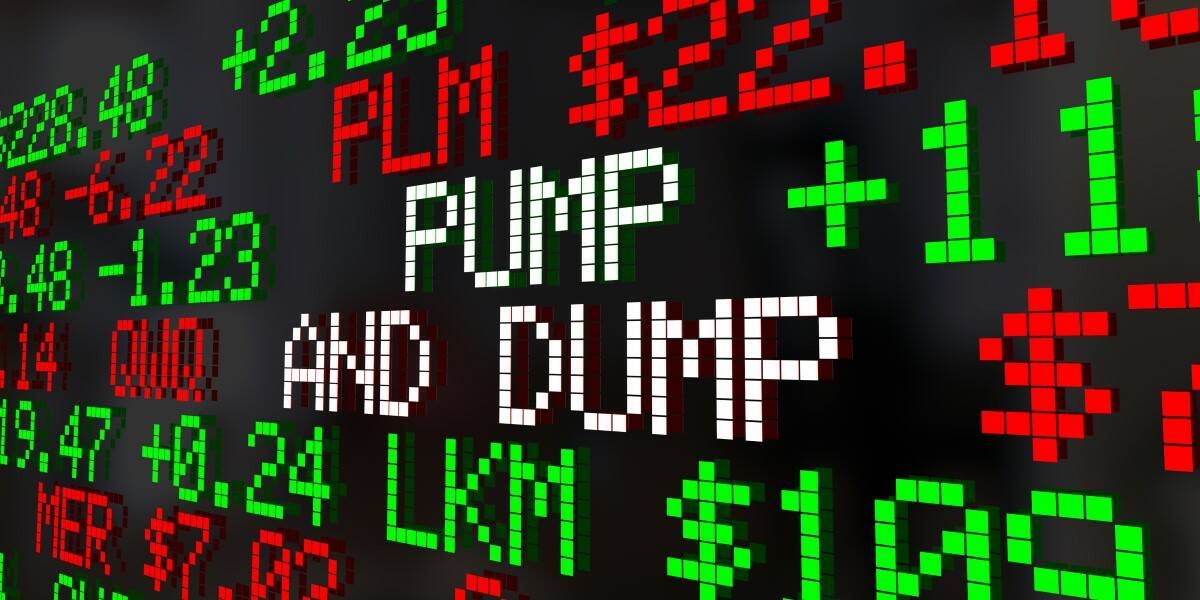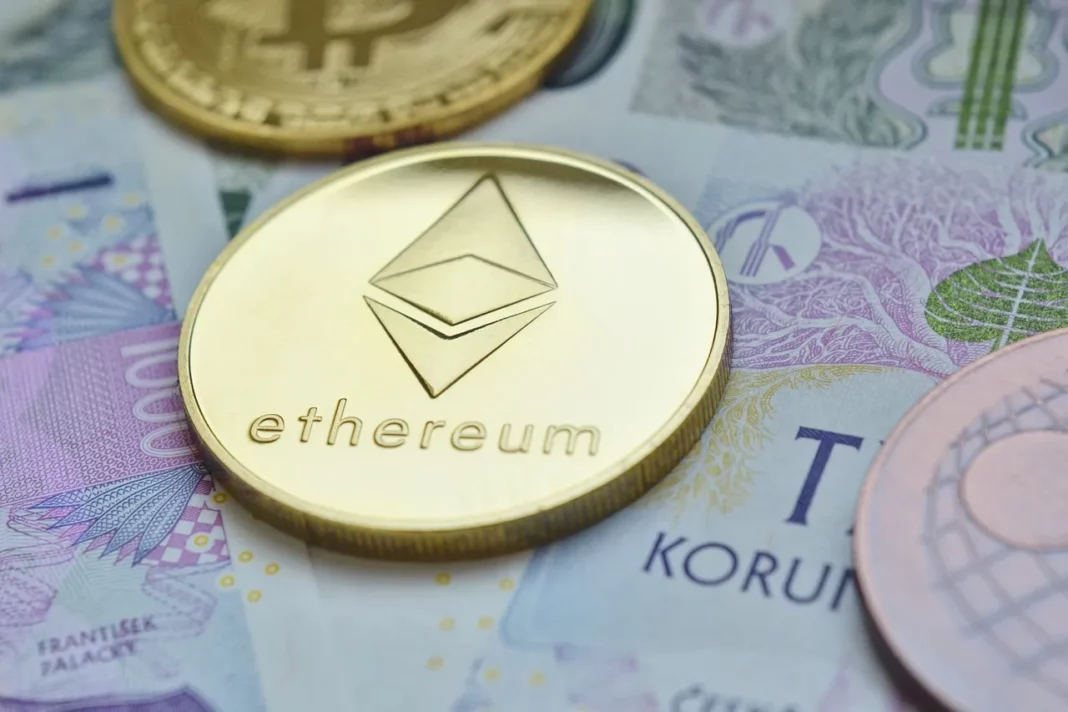
Key Takeaways:
In a groundbreaking development that’s reshaping the global economic landscape, the United Arab Emirates has stepped into the spotlight as the newest member of BRICS. This move has sent ripples through the international community, sparking intense interest and speculation about the future of global finance. As the UAE joins this influential group of emerging economies, it’s not just expanding its own reach – it’s helping to redefine the balance of power in the world’s financial systems.
The inclusion of the UAE in BRICS is more than just a symbolic gesture. It represents a seismic shift in how global economic cooperation is structured and managed. With its strategic location, robust financial sector, and ambitious vision for the future, the UAE brings a unique set of strengths to the table. This expansion is set to create new pathways for trade, investment, and diplomatic engagement that could reshape the economic map for years to come.
The Rise of BRICS: A New Economic Powerhouse
BRICS, originally comprising Brazil, Russia, India, China, and South Africa, has long been viewed as a counterweight to Western-dominated financial institutions. With the addition of the UAE, this coalition of emerging economies is poised to exert even greater influence on the global stage. The group’s combined economic might and growing political clout present a formidable challenge to the existing world order.
UAE’s Strategic Importance
The UAE’s entry into BRICS is not by chance. The country’s strategic location at the crossroads of Europe, Asia, and Africa makes it an ideal hub for international trade and finance. Its world-class infrastructure, including some of the busiest ports and airports in the region, positions it as a crucial link in global supply chains. Moreover, the UAE’s progressive economic policies and tax-friendly environment have made it an attractive destination for international businesses and investors.
Financial Sector Strength
One of the UAE’s most significant contributions to BRICS is its robust and innovative financial sector. The country has established itself as a leading financial center in the Middle East, with Dubai International Financial Centre (DIFC) serving as a magnet for global financial institutions. This expertise in banking, fintech, and Islamic finance adds a new dimension to BRICS’ financial capabilities.
Implications for Global Trade and Investment
The UAE’s inclusion in BRICS opens up new avenues for trade and investment among member countries. This expanded network is likely to facilitate increased economic cooperation, potentially leading to preferential trade agreements and joint investment projects. For businesses operating within BRICS nations, this means access to new markets and opportunities for growth.
Diversification of Currency Reserves
One of the most significant impacts of the UAE joining BRICS could be in the realm of currency reserves. The group has been exploring alternatives to the US dollar for international transactions, and the UAE’s expertise in finance could accelerate these efforts. This move towards de-dollarization could have far-reaching consequences for the global financial system.
Energy Sector Dynamics
As a major oil producer, the UAE brings significant energy sector clout to BRICS. This could lead to increased cooperation in energy policy and potentially influence global oil markets. The UAE’s push towards renewable energy also aligns with the sustainability goals of other BRICS nations, opening up possibilities for collaboration in green technologies.
Challenges and Opportunities
While the UAE’s entry into BRICS presents numerous opportunities, it also comes with challenges. Balancing the diverse interests of member countries and navigating complex geopolitical relationships will require skillful diplomacy. However, these challenges also present opportunities for the UAE to showcase its diplomatic prowess and emerge as a key mediator within the group.
Economic Synergies
The diverse economic strengths of BRICS members, now including the UAE, create potential for powerful synergies. From technology and manufacturing to finance and natural resources, the complementary nature of these economies could drive innovation and growth across sectors. This diversity also provides resilience, allowing the group to weather global economic uncertainties more effectively.
Global Influence and Soft Power
Beyond economic benefits, the UAE’s membership in BRICS enhances its global influence and soft power. It positions the country as a key player in shaping international economic policies and gives it a stronger voice in global forums. This increased stature could translate into greater diplomatic leverage and influence in regional and international affairs.
The Road Ahead
As the UAE takes its place among the BRICS nations, the world watches with keen interest. The coming years will likely see increased economic activity, diplomatic initiatives, and possibly the emergence of new financial instruments and institutions. For businesses and investors, staying attuned to these developments will be crucial in navigating the changing global economic landscape.
The inclusion of the UAE in BRICS marks a new chapter in the group’s history and in global economic relations. It’s a move that underscores the shifting center of gravity in the world economy and highlights the growing influence of emerging markets. As this expanded BRICS coalition continues to evolve, it promises to play an increasingly significant role in shaping the future of international finance and trade.
Conclusion
The UAE’s entry into BRICS represents a landmark moment in the evolution of global economic power structures. It not only enhances the UAE’s position on the world stage but also strengthens BRICS as a formidable economic bloc. As this expanded group navigates the complexities of global finance and diplomacy, its actions will undoubtedly have far-reaching implications for international trade, investment, and geopolitical relationships. The coming years will reveal the full impact of this strategic expansion, but one thing is clear: the global economic landscape is changing, and the UAE is now at the forefront of this transformation.
Frequently Asked Questions
Source: insightfullgo.com

